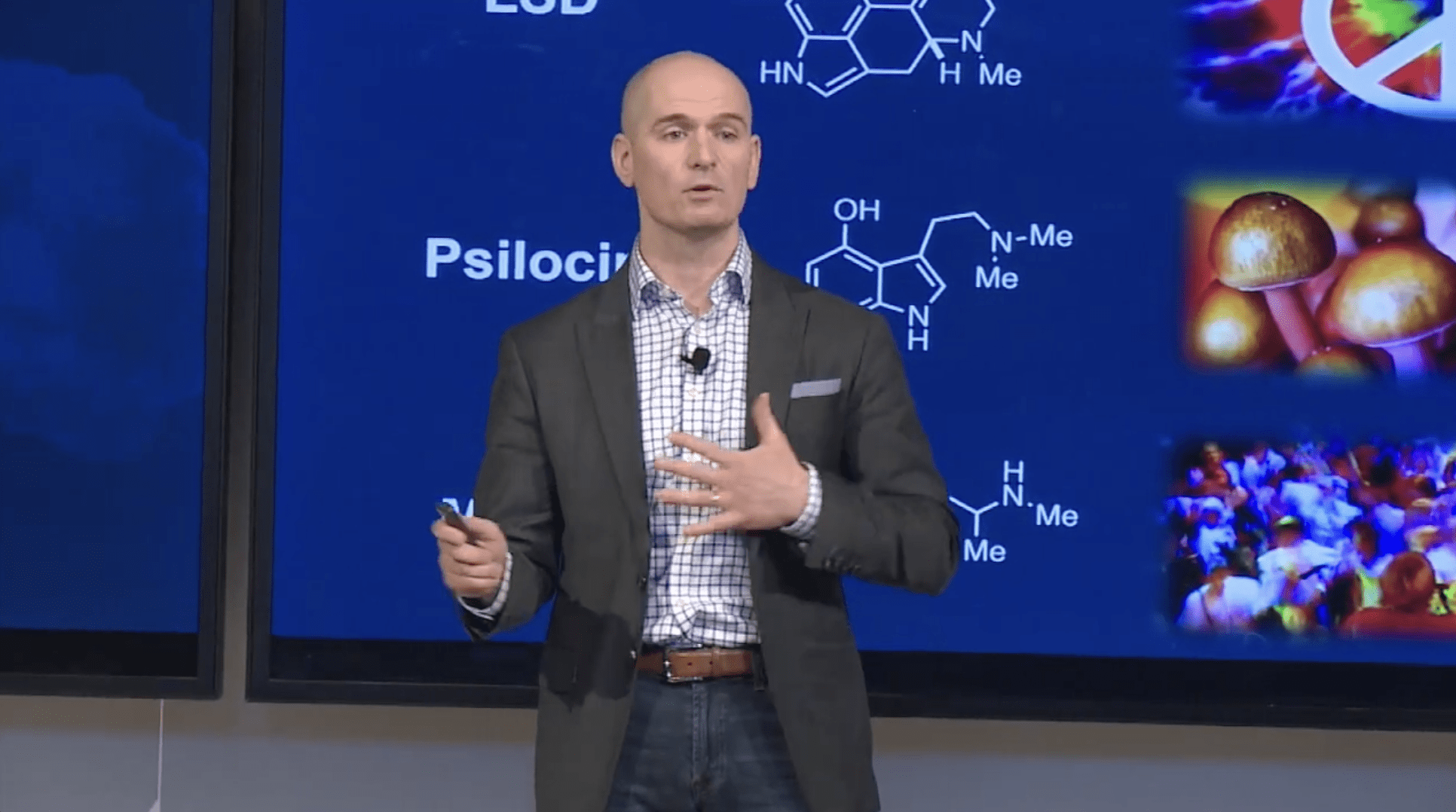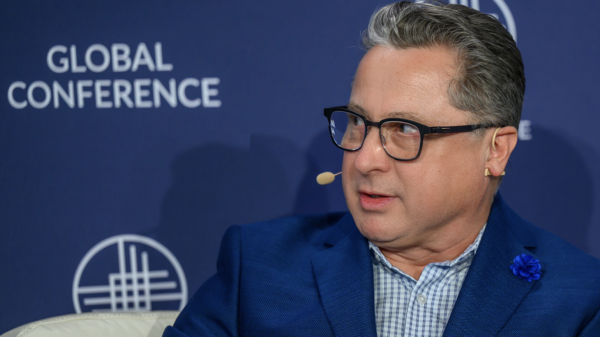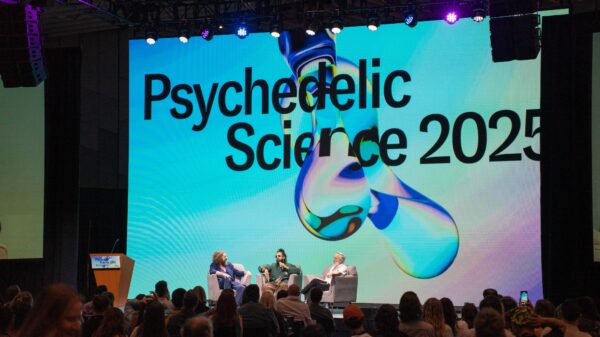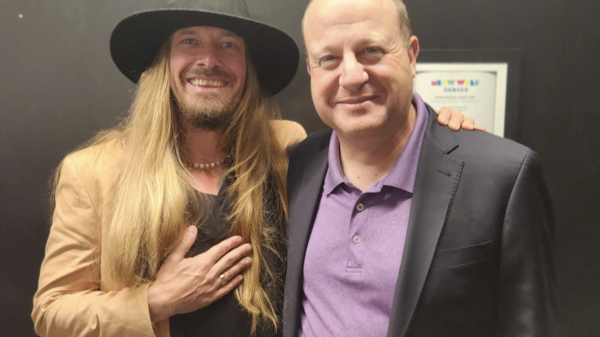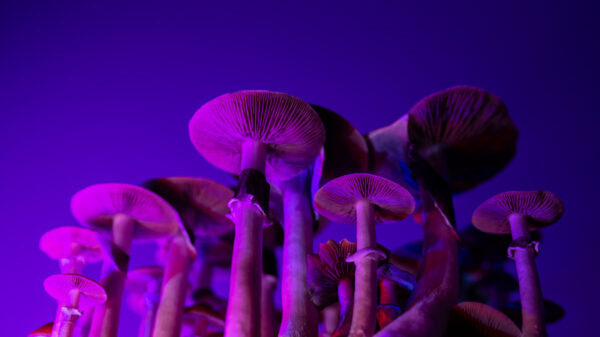Researchers at the University of California, Davis Institute for Psychedelics and Neurotherapeutics have successfully developed a method of making ibogaine from a widely available chemical. This achievement has profound implications for mental health treatment.
Ibogaine has shown great promise for treating conditions like PTSD, depression, substance use disorders and brain injuries, but the plants that the psychoactive compound are generally extracted from are in short supply. Namely, the Tabernanthe iboga shrub and the small tree Voacanga africana — both of which are native to Africa.
The investigators, led by the institute’s director David E. Olson, are now able to extract the psychedelic alkaloid, analogues and related compounds from the chemical pyridine. They say it is relatively inexpensive.
“We can make it without having to harvest tons and tons of plant material,” Olson explained in a release from UC Davis, “and we can also make analogues, several of which are demonstrating really interesting properties.”
Olson said this “total synthesis” discovery was a decade in the making. Him and his fellow scholars published their research in the prominent journal Nature Chemistry on Feb. 6.
In 2021, Olson developed a non-psychoactive ibogaine analogue designated as “tabernanthalog” at his laboratory. It is a member of a class of drugs called “psychoplastogens,” which provide beneficial effects that psychedelics have without being intoxicating. Olson coined this term.
He founded the company Delix Therapeutics in 2019 to focus on development of these drugs. Olson is renowned for his pioneering psychedelics work and its applicability in the neuroscience and chemistry fields.
This natural substance BANNED by the US government could be the cure for PTSD, opioid addiction, TBI, and more.
But the government has kept it off-limits because its use threatens multi-billion-dollar markets for antidepressants, opioids, and other therapies.
The substance is… pic.twitter.com/pUNVgJSgA9
— The Vigilant Fox 🦊 (@VigilantFox) January 6, 2025
Read more: 51 Colorado residents become state’s first certified magic mushroom therapists
Read more: ‘Snowball Cubensis’ psilocybin strain turns heads, completely unique
Delix presents Phase I data on psychoplastogen drug in Arizona
In December, Olson’s company showcased favourable findings from an inaugural study on DLX-001. The trial was completed with 106 participants at the Center for Human Drug Research in the Netherlands.
“DLX-001 has continued to demonstrate a favourable safety and tolerability profile, with no evidence of psychotomimetic, hallucinatory, or dissociative effects,” Delix Chief Medical Officer Aaron Koeni said. No adverse events were reported either.
Delix also presented pre-clinical data on another novel psychoplastogen drug at the American College of Neuropsychopharmacology’s annual meeting in Phoenix.
“Encouraging preclinical results demonstrate that ‘DLX-159’ promotes strong neuroplasticity and therapeutic effects in a wide range of preclinical models,” Delix Chief Scientific Officer, Kurt Rasmussen, said, “without the hallucinogenic or cardiotoxic properties seen in traditional psychedelic compounds, such as ketamine and psilocybin.”
Nature Biotechnology recognized Delix for its pioneering work in 2021 by adding the startup company to its list of leading academic spinouts.
rowan@mugglehead.com

